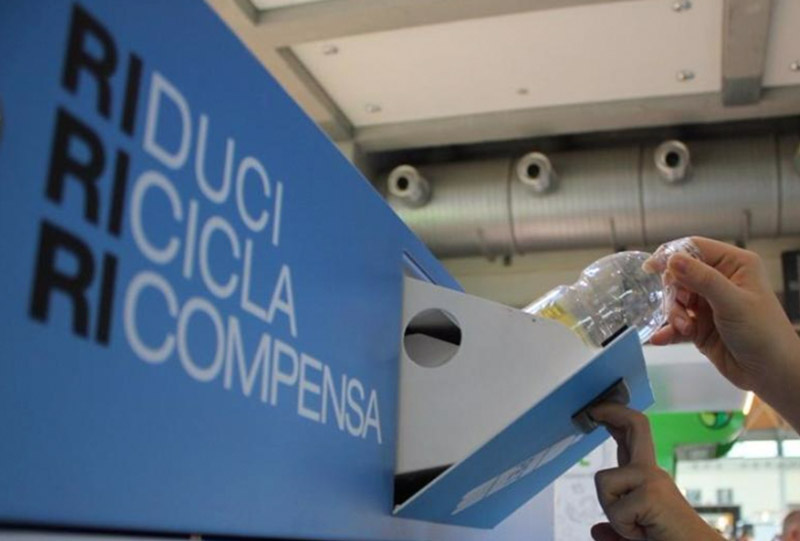With the deposit scheme, you can now hand in your plastic bottles for recycling in exchange for discounts and shopping vouchers
How does the exchange process work?
Caring for the environment should be second nature, the by-product of a good upbringing and respect, above all, for ourselves. Unfortunately, that’s not always the case: and so it’s great to see initiatives that aim to promote awareness and educate people on such a pressing issue as plastic recycling and environmental sustainability. One of the most effective projects would have to be the deposit scheme, which entitles anyone returning plastic bottles to receive vouchers in exchange to spend in supermarkets, shops and other businesses, or even on public transport. Today, this strategy is proving to be something of a no-brainer for achieving important results in terms of sustainability and the amount of plastic waste collected for recycling, at the same time boosting an effective circular economy.
How does the exchange process work?
Reverse Vending Machines (RVMs) are automatic devices that take your empty plastic bottles and give you vouchers or discounts in exchange. RVMs are often installed in supermarkets, while individual councils and stores are also opting to introduce them.
Worldwide, there are over 40 jurisdictions that have adopted these deposit schemes, and here in Italy, too, we are seeing initiatives start to pop up aimed at giving plastic recycling an extra boost, while rewarding the end consumer with financial benefits.
An example? 3 bottles in exchange for 1 euro in savings and discount vouchers to spend in participating stores and supermarkets.
In Italy, reverse vending machines have already been installed in supermarkets like Conad, DiMeglio and Sigma, and as part of initiatives by certain local councils. Leading companies involved in installing these reverse vending machines include Riciclia and Green Money.
One significant case is Puntadiferro, in the province of Forlì, where just 20 days after the reverse vending machine’s christening, 7000 plastic bottles were collected for recycling, totalling 140 kilos. A real record, which just goes to show how much local residents and business owners alike appreciate the huge value of recycling as a path to sustainable growth and a way to tangibly help the environment.
The plastic waste deposit scheme has hence proved to be one of the most successful projects for raising consumer awareness around recycling. But we need to see more being done, especially by packaging companies, manufacturers and retailers. The deposit scheme has many advantages, both financial and environmental, while it’s also positive for council coffers.
Why not take advantage of this great opportunity?

